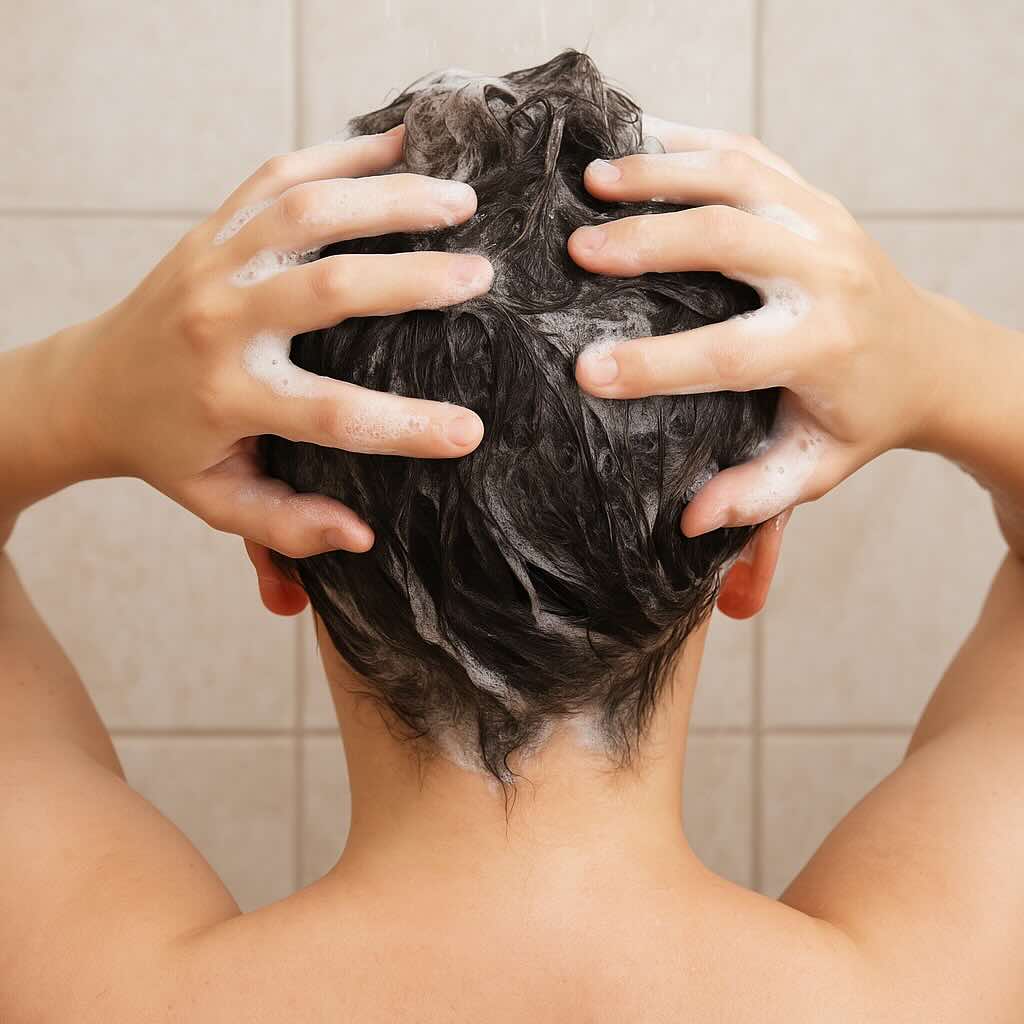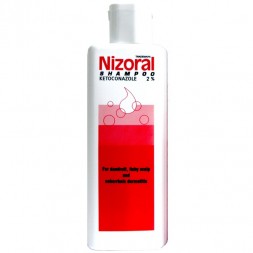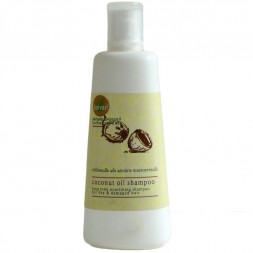
A common concern among users of medicated shampoos is understanding how frequently they should use them for the best results. With Nizoral Shampoo 2%, known for its effectiveness against dandruff and fungal infections, finding the right balance can ensure optimal scalp health without unwanted side effects like dryness or irritation.
Let's break down precisely how often you should use Nizoral Shampoo 2%, along with detailed recommendations and additional tips to achieve a healthy, flake-free scalp.
Understanding Nizoral Shampoo’s Ingredients
Nizoral Shampoo 2% contains ketoconazole, a potent antifungal ingredient. It’s scientifically proven to reduce fungal overgrowth associated with conditions like dandruff and seborrheic dermatitis. Unlike regular shampoos, ketoconazole targets the root cause of the issue—fungal proliferation—rather than just superficial symptoms. Regular use significantly reduces scalp irritation, dandruff flakes, and persistent itching.
Initial Treatment Frequency (Weeks 1-4)
When first using Nizoral Shampoo, dermatologists typically recommend an intensive treatment phase to bring symptoms under control quickly. During this initial period:
-
Use Nizoral Shampoo twice per week, evenly spacing applications (for example, every three or four days).
-
Apply the shampoo directly to your wet scalp and hair, massaging gently but thoroughly.
-
Allow the shampoo to sit on your scalp for three to five minutes before rinsing completely.
This approach ensures that the ketoconazole effectively penetrates and reduces fungal populations on your scalp.
Maintenance Treatment Frequency (Week 5 and Beyond)
Once your dandruff and scalp irritation are under control, reduce your usage to a maintenance schedule. Typically, this involves:
-
Using Nizoral Shampoo just once per week or even once every two weeks, depending on your specific needs.
-
Continuing to allow it to sit on your scalp for the recommended three to five minutes.
The maintenance phase helps prevent dandruff recurrence and maintains a healthy scalp environment long-term, without over-drying your scalp or hair.
How to Recognize if You’re Overusing Nizoral Shampoo
While Nizoral Shampoo is safe for regular use, using it excessively can sometimes result in side effects. Signs you might be using the shampoo too frequently include:
-
Noticeably dry or brittle hair.
-
Increased scalp redness or irritation.
-
A tight or uncomfortable feeling on your scalp after shampooing.
If you experience any of these symptoms, decrease the frequency of shampooing to once per week or alternate it with a moisturizing shampoo to restore balance to your scalp and hair.
Combining Nizoral Shampoo with Other Products
A common question users have is whether they can safely combine Nizoral Shampoo with other hair care products. The good news is, Nizoral Shampoo is safe to use alongside conditioners, moisturizing shampoos, and hair styling products.
If your scalp condition is more severe, you may benefit from pairing the shampoo with topical antifungal products like Nizoral Cream. This cream effectively targets localized fungal infections, reducing irritation and flaking even further.
You can also explore our carefully curated selection of antifungal shampoos and treatments in our Shampoos category.
Additional Tips to Enhance Your Results
To get the absolute best results from Nizoral Shampoo, consider these additional practical tips:
Use Lukewarm Water
Hot water can irritate and dry out your scalp. Always wash your hair with lukewarm water to keep your scalp calm and hydrated.
Gentle Massaging
Avoid aggressively scrubbing your scalp. Gentle, circular motions will adequately remove flakes and allow Nizoral Shampoo to penetrate effectively without irritating the skin.
Thorough Drying
Fungus thrives in moist conditions. Ensure you dry your hair and scalp thoroughly after washing, which helps prevent fungal growth.
Hydrate with Conditioner
After shampooing with Nizoral Shampoo, applying a gentle, moisturizing conditioner can restore moisture and softness to your hair, reducing the risk of dryness or brittleness.
When to Seek Professional Advice
If your dandruff symptoms persist despite using Nizoral Shampoo correctly, it might be time to consult a dermatologist or healthcare provider. Persistent symptoms could indicate underlying issues or the need for additional treatment, including prescription medications.
To Sum Up: Consistency and Balance Matter
Determining how often you should use Nizoral Shampoo ultimately comes down to balancing effectiveness with comfort. Initially, twice-weekly usage is ideal to quickly control symptoms, followed by a weekly or bi-weekly schedule to maintain results. With consistent, mindful use, Nizoral Shampoo can significantly improve your scalp’s health, eliminating dandruff and discomfort for good.
If I were you...
Investing just a bit of care and attention into your shampoo routine can yield outstanding results. Make Nizoral Shampoo part of your regular care regimen, and soon you'll enjoy a comfortable, healthy, and flake-free scalp.





